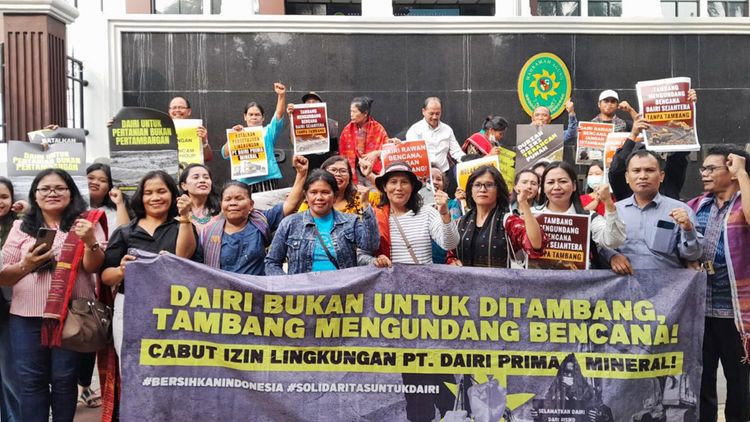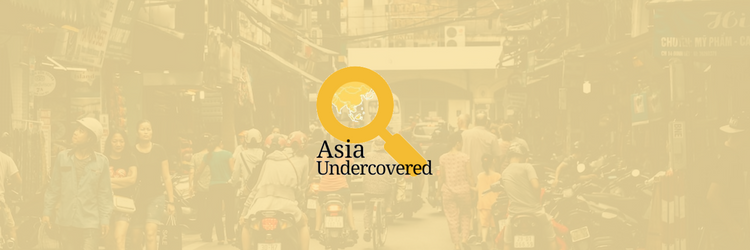Asia Undercovered #27 – Indonesia Elections Issue
Election day in Indonesia is coming up, this Thursday, April 17th. It will be a massive undertaking.
(Full piece on Indonesia’s election logistics from Lowy Intepretor.)
193 million eligible voters and, due to turnout far above that of the United States, the largest single-day election in the world. Here are pieces that highlight the state of the race, and several lesser covered issues so that you know what’s at stake this fall.
(Don’t worry, a regular issue for the rest of Asia is coming later this week)
State of the Race
The polls have been remarkably steady for some time. Joko “Jokowi “Widodo has been leading by 15-20 points in nearly every poll in the past year. The closest we got was 13 points last month. Despite this, political analyst Ericssen believes that challenger Prabowo Subianto has a chance (Jakarta Globe).
Some believe that Jokowi’s biggest opponent is not Prabowo, but Golput – or the growing social media movement to abstain from the ballot bot due to the perceived lack of differences between the two candidates. Here’s a background on the Golput movement, which traces its origins back to the dictatorial Suharto era, from Indonesia at Melbourne.
One reason for Golput is that Jokowi has been a disappointment to many, including several 2014 supporters I know. Kate Lamb explores the failure of Jokowi to live up to the hype in this Guardian piece.
The poll margins are not stopping Prabowo from going all out in the final days – including stepping up his attacks on the challenger. Some believe this might backfire and inspire people to abandon Golput for fear of Prabowo.
Key Issues
The easy framing of the Presidential race is the more progressive/secularist Jokowi vs the more authoritarian/Islamist Prabowo. Some are taking that to a different extreme – calling it a race between Communism and the Caliphate.
Islam has played a key role in the race, but not in ways that many expected. There haven’t been any mass mobilizations like two years ago during the Jakarta governor’s race. As expected, religious identity is complex. Resty Woro Yuniar explores the social-media driven “Hijrah” movement, and how they perceive democracy (SCMP).
Beyond President
Lost in the midst of coverage on the top ticket is the fact that Indonesians will also vote for their Parliament. This is new – never before has Indonesia held simultaneous Presidential and Parliamentary elections during its democratic era. With 19 (!) parties running, the race is fluid, though Jokowi’s PDI-P and Prabowo’s Gerindra look poised to capture the most seats due to their candidate’s coattail effect.
How many women will be in the new parliament? The rise of conservative Islam is challenging feminist movements in Indonesia. An insightful read into the dual-role of women in campaigning by Dyah Ayu Kartika for New Mandala.
Another issue that has not had the expected impact – fake news and misinformation. It could be because Indonesia has invested heavily in hoax busting. An insightful take into this effort by Asean Post.
My pieces
I’m in Indonesia myself, and am covering the elections as well. Here are my own takes on some key issues.
- The role of Chinese investment, reflecting the lessons for Indonesia from recent elections in Malaysia, The Maldives, and Sri Lanka for World Politics Review.
- On Jokowi’s strategy to attract more conservative Muslim voters – and how it seems to be working for OZY.
- On the importance of Indonesia’s nine million strong overseas vote for Al Jazeera.
Coming later today: A piece assessing Jokowi’s progress on Indonesia’s developmental goals for Devex.

Asia Undercovered: Journalist Nithin Coca's weekly roundup of the news, events, trends and people changing Asia, but not getting enough attention in the US media.





Member discussion